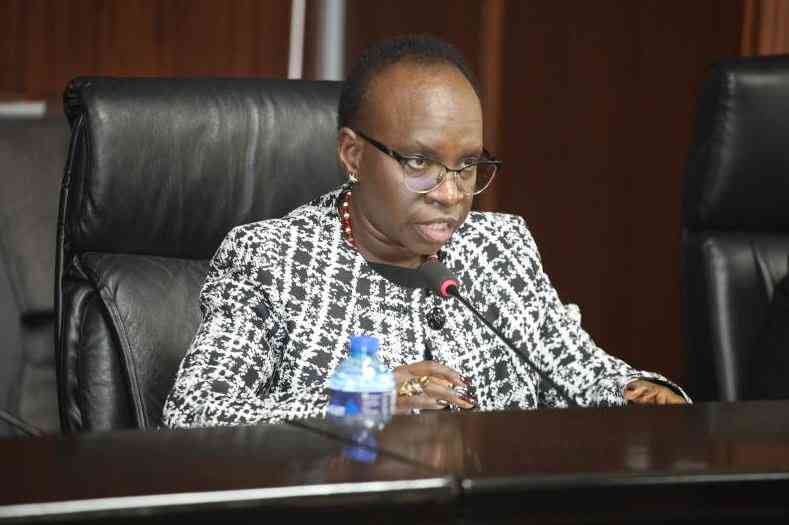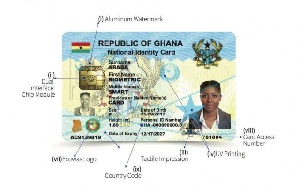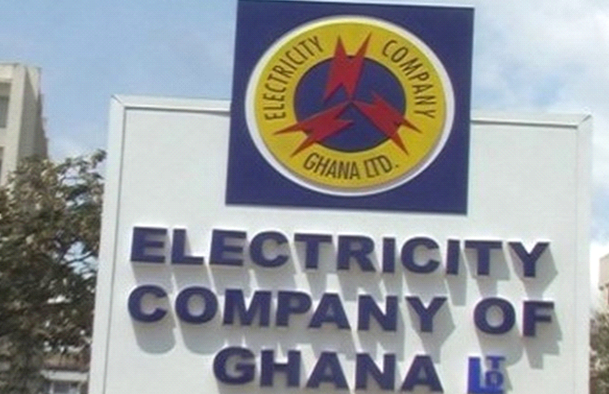Oil, war and the naira: Nigeria's fragile balancing act - Businessday NG
…As missiles fly in the Middle East, the economic shockwaves are already hitting home.
…The Middle East is the world’s foremost oil-producing region and a major maritime route
The global oil market has once again been thrust into turmoil, this time by the escalating conflict between Israel and Iran. As tensions flare in the Middle East—a region central to global energy supply—oil prices have become increasingly volatile, swinging in response to fears of disruption. On Tuesday, June 17, five days after the new hostilities, oil prices were driven even higher with Brent and WTI up more than 2 percent.
Equity markets were also initially roiled after the surprise strike but have since stabilised.
As the deadly salvo entered the fifth day, there were growing concerns that the conflict would spread across other world’s key oil-and-gas-producing regions, including oil-dependent nations like Nigeria. The latest outbreak is a critical addition to the floundering global economy that is teetering on the cusp of a global recession.
Nigeria relies on crude oil for the majority of its foreign exchange earnings and a substantial portion of government revenue. While a spike in oil prices might seem beneficial on the surface, it often comes with a double-edged sword, portending a combination of risks and upsides for the economy. Higher prices can boost revenue, but they also inflate the cost of petrol subsidies—already a major fiscal burden—and disrupt budget assumptions based on stable benchmarks.
Surging oil prices offer a temporary fiscal cushion, but for Nigeria, the real battle is at home—against inflation, currency devaluation, and shaky investor confidence. Can the country withstand another global storm without slipping deeper into crisis?
Read also: Oil rally strengthens CBN’s bid for stable naira, FX reserves
A decade-old conflict between Israel and Iran that was never quite gone “cold” rapidly heated up again on the morning of Friday, June 13, when Israel launched fusillades of air strikes on Iran in what its leader claimed were “pre-emptive” measures to prevent Iran from building nuclear armament, but many countries consider the strike as unprovoked and unpremeditated, as talks were still ongoing between Iran and the US over Iran’s JCPOA nuclear programme deal, which Iran says is for peaceful means. In the days after the first attack against the Iranian nuclear programme and military leadership, more than two hundred people have been killed in Iran and at least two dozen in Israel, with over 17 million residents of Tehran in flight mode.
Of course, many of the initial impacts were predictable: oil prices soared, stock prices plunged, and bonds rallied as investors sought safety amidst the market turbulence and uncertainty. However, the longer-term effects are less easily anticipated, given that they depend on the extent to which the conflict escalates.
Economies around the world are currently grappling with elevated geopolitical tension triggered by the Russian-Ukrainian war and the Israel-Hamas conflict. There is also the profound uncertainty created by the unprecedented tariff disruptions by the Trump administration, together with the escalating hostilities. Brent crude has been pushed toward $73–74/barrel, up roughly 0.5 percent, with intraday jumps over 2 percent. The latest spike followed a similar trend of oil price shocks triggered by key geopolitical flashpoints, including leadership assassinations and military escalations. Each event, from Iran’s missile response in April 2024 to the toppling of Syria’s President in December 2024, has added volatility, fuelling investor anxiety.

Oil price volatility has now rippled into currency and inflation pressures across oil-importing economies—including Nigeria.
Rising oil prices bolster the U.S. dollar, increasing demand for safe-haven currencies. For Nigeria, this translates into naira weakness: the official rate hovers near ₦1,543/USD, while the parallel market remains around ₦1,550–₦1,600/USD. A weaker naira inflates the cost of imports, feeding domestic inflation, already near 23 percent.
To curb the outflow of foreign exchange and stabilise the currency, the Central Bank of Nigeria has leaned heavily on intervention and tight monetary policy. Rates remain near 27.5 percent, following multiple hikes totalling over 875 basis points since 2024.
The combined effect: an elevated cost of living, elevated borrowing costs, and tighter budgetary space. As geopolitical uncertainty persists, Nigeria’s currency and inflation outlook remain at risk, requiring vigilant policy response to prevent imported inflation from undermining economic resilience.
Read also: Nigeria’s oil output falls despite rising global prices
The unfolding Israel–Iran conflict has rattled investor sentiment, with implications for Nigeria’s capital flows. According to SBM Intelligence, escalating hostilities have triggered “risk-averse sentiment in global markets”, endangering Nigeria’s ability to attract foreign direct investment (FDI) and portfolio inflows. The ripple effects include stalled infrastructure projects, slower job creation, and increased sovereign borrowing costs due to heightened country risk premiums.
According to oilprice.com, Nigeria’s crude oil prices have climbed in the five days of the war—Bonny Light nearing $80/barrel (traded at $78.62 on Tuesday), with Brass River and Qua Iboe fetching ~$76, surpassing the government’s $75 budget benchmark. While this temporarily boosts FX inflows and reserves, reliance on locked-in contracts means windfalls are inconsistent. More critically, geopolitical uncertainty raises borrowing costs and undermines FDI inflows even amid higher revenues.
The Centre for the Promotion of Private Enterprise (CPPE) warns that elevated energy prices and global tensions may trigger imported inflation and “shaken investor confidence”, potentially curtailing portfolio flows. Firms with Middle East ties face supply chain disruptions, while financiers reassess risk exposure.
In sum, despite transient oil-price gains, long-term investor confidence in Nigeria is under strain. Policymakers must urgently reinforce fiscal stability, reassure foreign investors, and mitigate capital flow volatility to safeguard economic resilience.
In this moment of global uncertainty, Nigeria faces a delicate balancing act. The government must navigate rising oil income without losing grip on inflation, public spending, or exchange rate pressures.
While the recent oil price rally provides Nigeria with some fiscal breathing space, the country’s long-term economic resilience hinges on how effectively it manages the inflationary fallout and rising geopolitical risks. Experts emphasise that improving domestic refining capacity, increasing oil production, and deploying proactive monetary measures are key to mitigating external shocks.
The anticipated nationwide distribution of petrol by the Dangote Refinery in August 2025 offers a potential buffer against imported inflation and forex strain from fuel imports. However, until then, Nigeria remains highly vulnerable to the ripple effects of the Israel-Iran conflict and global energy market instability.
Ultimately, Nigeria stands at a pivotal crossroads: strategic policy coordination, fiscal discipline, and timely economic reforms are essential not just to navigate the current crisis but to convert global volatility into an opportunity for sustainable growth. This moment demands bold leadership and a clear-eyed commitment to long-term macroeconomic stability.












